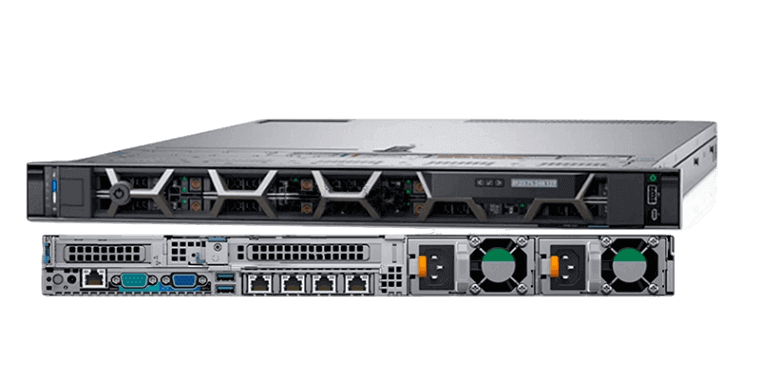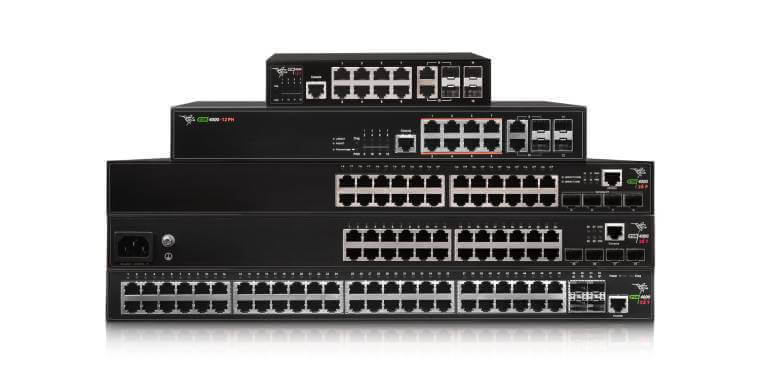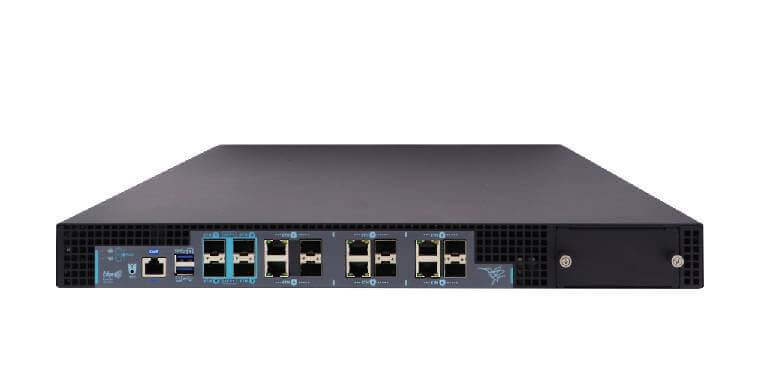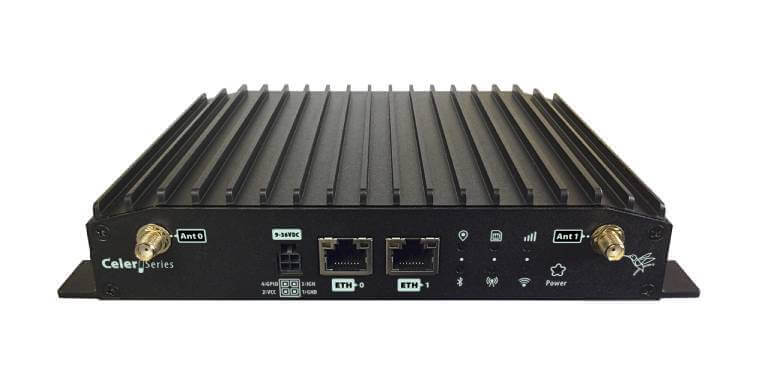 In our increasingly connected world, communications play a pivotal role in our everyday lives. Whether it’s staying in touch with friends and family, working remotely, or simply browsing the internet, having reliable connectivity is crucial. Within this context, eSIM technology has emerged as a revolutionary alternative to traditional SIM cards, particularly in the realm of public transportation.
In our increasingly connected world, communications play a pivotal role in our everyday lives. Whether it’s staying in touch with friends and family, working remotely, or simply browsing the internet, having reliable connectivity is crucial. Within this context, eSIM technology has emerged as a revolutionary alternative to traditional SIM cards, particularly in the realm of public transportation.
In this blog post, we will delve into the concept of eSIM, discuss the drawbacks of traditional SIM cards, examine the applications of eSIM in passenger communications within the transport sector, and conclude with a vision for the future.
What is eSIM?
eSIM, or embedded SIM, is a virtual SIM card that is directly integrated into a device, such as a cellphone, tablet, or communication router. Unlike traditional SIM cards that need to be manually inserted into a device, the eSIM can be programmed and activated remotely, making it extremely convenient.
One of the main advantages of eSIM is its versatility. You can switch mobile network carriers simply by reprogramming the eSIM with the details of your new provider, without needing to physically swap out the SIM card. This greatly simplifies the process of switching carriers.
Disadvantages of traditional SIM cards
While traditional SIM cards have been the standard for many years, they come with several drawbacks that have prompted the search for alternatives such as eSIM:
Size and fragility: traditional SIM cards come in different sizes (mini, micro, and nano), often requiring the use of adaptors when switching devices. Moreover, they can be easily lost or damaged.
Carrier change process: Switching carriers with a traditional SIM card involves obtaining a new card, transferring data, and configuring the device. This process can be laborious and time-consuming.
Geographical limitations: Traditional SIM cards are often tied to a carrier in a specific country. This can result in high roaming fees when traveling abroad.
Limited storage capacity: Traditional SIM cards offer a limited amount of space for storing contacts and messages. This may pose a challenge for users who handle large amounts of information.
Improvements introduced by eSIM in public transportation
eSIM has found a prominent place in the field of public transportation, introducing a series of important innovations compared to traditional SIM cards.
Thanks to eSIM technology, a tremendous leap forward has been achieved, greatly enhancing operational efficiency within transportation systems, elevating user experience, and fostering environmental sustainability.
Reduced costs
Eliminating Traditional SIM Cards: The introduction of eSIM eliminates the need for the production, distribution, and physical management of SIM cards, thereby enabling considerable savings in the human resources required to oversee these processes.
Remote Management Facility: The eSIM allows remote activation, deactivation, and reprogramming of profiles. This means that carriers can effectively manage device subscriptions without the need for a technician to physically remove or install a SIM card. As a result, costs associated with qualified traditional management are significantly reduced.
Network Optimization: The ability to switch operators more easily and quickly with the eSIM can foster healthy competition among providers of public transportation services. This paves the way for advantageous agreements and cost-effective access to mobile data networks.
When a transportation operator decides to invest in eSIM technology, they gain full control over their network infrastructure, allowing them to choose their data provider without worrying about the financial implications of making such a change.
In addition to enhancing operational efficiency and cost-effectiveness, the adoption of eSIM technology brings a myriad of benefits for environmental sustainability. By curbing waste generation, reducing electronic waste, conserving natural resources, and mitigating greenhouse gas emissions, this sustainability approach not only benefits the environment but also elevates the reputation of transportation companies and promotes more environmentally friendly mobility practices.
eSIM transforming communications
eSIM is revolutionizing communications in public transportation and offers numerous advantages over traditional SIM cards. Its versatility and functionalities make it an attractive option for both passengers and transportation operators.
As the eSIM technology continues to evolve and expand into other areas of daily life, we are likely to see even more improvements in connectivity and efficiency in public transportation.
At Teldat, we pride ourselves on staying ahead of the curve when it comes to market trends. That’s why we’ve taken the initiative to incorporate this technology into our latest generation of embedded communication devices, like the CELER series, to ensure that we are able to meet current and future needs.


























